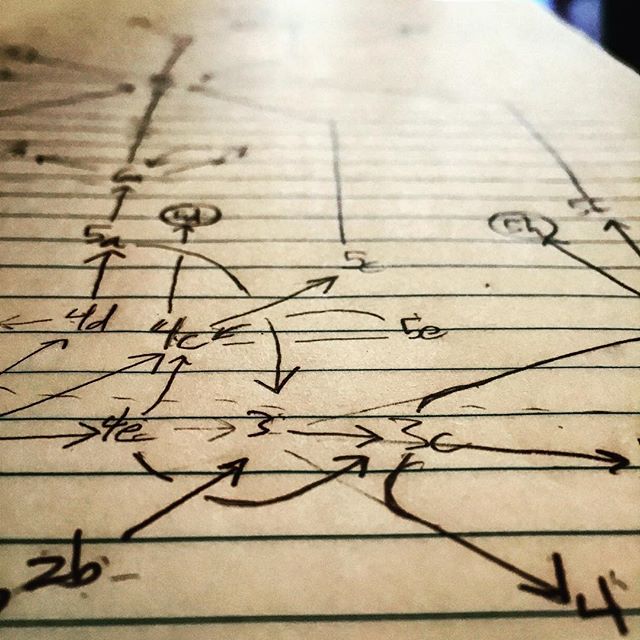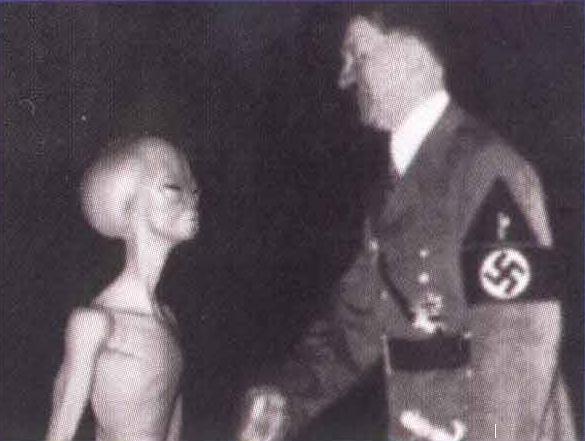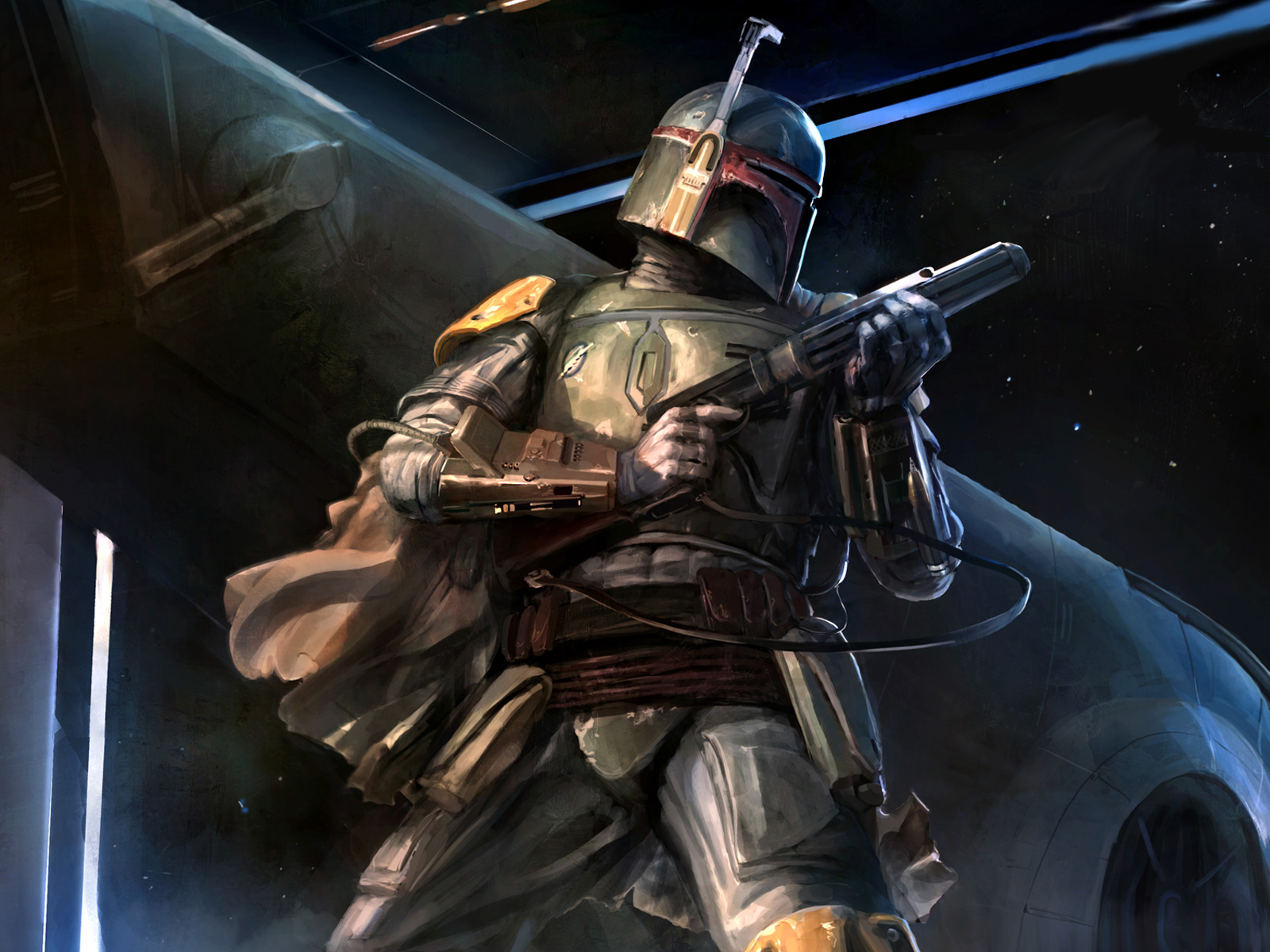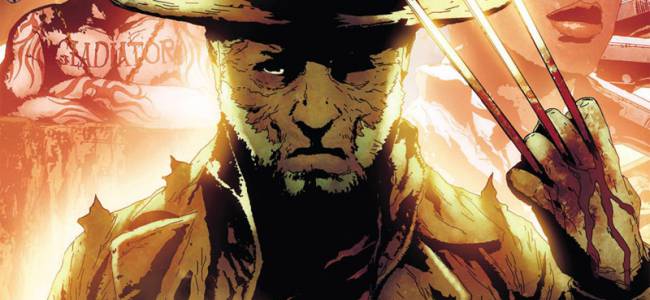Admit it: after the first Choose Your Own Adventure you ever read, you immediately thought about writing one; maybe you didn’t because you thought you couldn’t write, or maybe you didn’t want to edit a dozen endings/plotlines. But we sure as hell did!
If you haven’t heard already, our podcast buddies over at Go Your Own Way have written and published their very own ‘choose your own adventure’ volume Dances with Sasquatch, with contributions from our own Ryan Matsunaga and yours truly. And if you haven’t heard the podcast yet, it’s hilarious. Peter and Eric hold your hand through the best (and worst) of user-written CYOA stories, all of which are free for you to read as well at ChooseYourStory.com.
If you’re anything like us, writing your own CYOA is high on that list of childhood ambitions, right up there alongside ‘ride a hoverboard’ and ‘have your own Pokemon.’ But with the incorrect approach, writing a gamebook can be harder than either of these. Yes, there were points in our writing process where we would’ve gladly put down the keyboard and worked on something easier, like reversing gravity or summoning small colorful monsters from a game cartridge. It doesn’t have to be this hard, but first off, why write a CYOA at all?
It’s damned fun.
Traditional CYOA dictates that you can write about whatever ridiculous scenario you please, any plot from any B-grade grindhouse flick, any trashy anime, any Goosebumps-esque tale is free game. Dances with Sasquatch featured a Sasquatch quiz gauntlet, an underground animal-human dance competition, a sentient 8-Ball, and a fresh take on the classic ‘maze of doom,’ and you better believe these solid-gold plots were crafted with love every step of the way.
It’s the ‘analog artist’ version of making a videogame.
It’s the same reason why photography enthusiasts love shooting in film, why digital artists still have sketchbooks, and why vinyl is making a comeback: there’s a sense of complete human interactivity. Gamebooks were the forerunner to today’s videogames as a system of user-interactive experience, but unlike videogames, gamebooks require no coding skill, no experience, other than a word processor and an imagination. You jump in, you work, you craft every piece of it without any technological mediation.
There’s a community!
Yes, CYOA is actually still alive and thriving! There’s the aforementioned ChooseYourStory.com, a database of user-submitted original stories with its own forum and even a help section for aspiring creators. And of course, there’s Go Your Own Way, and they would love to read your story if you ask them nicely. Or nastily, whichever’s more amusing.
And so without further ado, here’s how to not completely fail at writing a CYOA:
1. Make a chart for yourself.
At some point, writing this thing is going to be like doing Olympic-level long division, except with words: juggling plotlines, avoiding repetition, thinking of new endings, planning plot ‘hubs’ where the plotlines meet, etc. Make it easy on yourself: make a game map, and be prepared to draw this thing over and over again as your plotlines begin to sprawl unpredictably. I also found it useful to use specific notation for pages that correspond to certain stages in the story; for example, in the above image (an Instagram of my actual chart) the numbers represent stages in the story, whereas the letters indicated the sequential order of those pages. I know, it gets messy and your notation system will likely only make sense to you, but it looks cool! And ensures no one can read your notes and plagiarize your fiction secrets!
2. Take it easy on the deaths.
I know, inflicting cruel and unlikely mortal scenarios is basically half the fun, but you gotta remember: dying early on for no reason is awfully discouraging to a reader. The secret is to make the audience feel as though they made a legitimate mistake somewhere down the road. At the same time, try to make these deaths logical but unpredictable.“Do you want to stab yourself in the face?” is an example of a choice that will too easily kill the player—the result is extremely obvious. “Do you want to run while holding the knife pointing up or down?” is a little less predictable. Sure, it’s still not the best choice as far as safety is concerned, but it leaves the reader with some small chance that this won’t lead to immediate death. Even if it does.
3. Drop hints at other plotlines.
In the now-famous CYOA book UFO 54-40, nearly every ending was completely depressing except for the one with the paradise planet, which was mentioned only in passing in the other plotlines. The twist was that this ending was actually unreachable unless you cheat, and you better believe that readers read that thing cover to cover looking for this Holy Grail ending until some enterprising 12-year old just flipped through and found the dang page by accident. The moral? Give your reader something to hunt for, and they’ll obsess over it.
4. You can write garbage, so long as you pack the right twists.
Let’s put it this way: CYOA is literature the same way EDM is music. You can get by with subpar artistry, because it’s the physicality of the medium that matters here. EDM has builds and drops, CYOA has cliff-hangers on every page and avoidable death scenes.
Case in point—the Go Your Own Way podcast. They’ve played some beautifully written stories, and some others that were, shall we say, less polished. But this doesn’t always define how fun the story is; remember that it’s also a game, so the goal for the reader is ultimately to have a good time. Getting too caught up in good writing can lead to overly written pieces with too few choices. As much as they make fun of bad grammar and ridiculous writing on the show, those tend to be some of the the more fun ones to play.
5. Plotline interconnectivity is your friend.

The goal, ultimately, is replayability, which is easy enough to achieve if you install ways of hopping from one plotline to another. What we’re trying to avoid is a sequence of pages that go directly from A to B to C to D without any choices to make, which is an extreme drag for the reader, since a single wrong choice means a ton of backtracking until they get to the correct ‘decision’ page. A CYOA without these branching points is like calling a tunnel a hedgemaze.
On the other hand, knowing that choices can lead to vastly different outcomes will inspire the reader to go through the whole thing again and try other narrative avenues. Some stories will be more linear than others, so you don’t need to go overboard, but as a reader it’s always a nice feeling to discover another path or ending that you hadn’t seen before.
6. Changes are fiendishly hard to make later on.
Past a certain point of no return, every new pathway you create is going to be about fifteen extra pages that you didn’t anticipate. You’re only human after all, the spirit is willing but the flesh is spongy and weak and all that—there’s no easier way to quit than to suddenly realize this story’s gonna be thrice as big as you thought. So do yourself a favor and finalize that plot-map you made before you start working on the actual writing; it’ll minimize the writing time, and ensure you won’t need to add in unexpected pages.
7. If you can’t think of a subject, consider the History Channel Rule…
…which states that if it’s got a History Channel special, it’s probably CYOA gold. So that includes ancient aliens, Nazis, spies, ancient civilizations, magic, Vikings, knights, pirates, conspiracy theories, hidden treasure, the lost inventions of Tesla/Da Vinci/Archimedes/Steve Jobs, cryptozoology, all good as gravy.
In the end though, your stories can be about anything. They don’t necessarily have to be funny (although those are more fun to write, we think). And wherever you draw inspiration is ultimately up to you. Go Your Own Way has seen a solid mix of drama, horror and comedy stories. Stories about talking cats, vampires, urine fetishists, terrorists in WalMart—the possibilities are endless.
So go forth, go nuts, go your own damn way, and let us know in the comments if you do decide to write one. And of course, be sure to check out our own gamebook, Dances with Sasquatch, which was homegrown and handwritten by us folks at Overmental. It’s on sale ’til Friday for a buck, so grab it while it’s hot! These extraterrestrial, quiz-slinging hominids aren’t going to waltz themselves.







